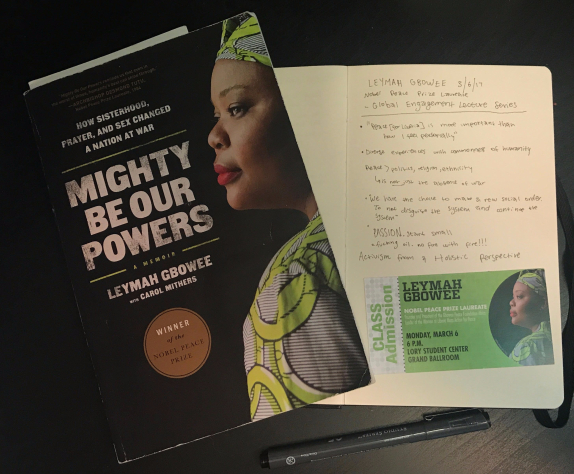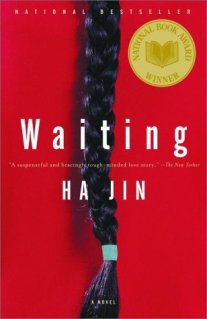If you’re like me, you never miss the opportunity to see your favorite heroes/heroines, politicians, or celebrities speak or perform. I have been lucky enough to see Jane Goodall, His Holiness the 14th the Dalai Lama, Barack Obama, and Bernie Sanders speak live. However, I left each of these speeches with a sort of awe-struck bewilderment. It felt like these incredible and influential people were more than human; they had seemingly endless energy and hope for their causes and aspirations. How could someone like me ever accomplish such wonders when I often felt defeated after trying to complete calculus homework?
It is no doubt that Goodall, Obama, and many who have left their mark in history faced enormous storms, challenges and monsters- but they seemed to face their fears without a moment of hesitation. I could not help but feel discouraged by the grand successes of my favorite people. How could someone as ordinary as myself even scratch the surface?
Although I had not heard of Leymah Gbowee before she spoke at CSU’s campus, I am so thankful that I was able to hear her speak. On March 6th, 2017, Gbowee gave a talk as part of her Global Engagement Lecture Series. She is a Liberian woman who changed everything for those suffering in her country- that is why she is now a Nobel Peace Prize Laureate.

I just had to buy her book, “Mighty Be Our Powers,” a heartbreaking but inspirational read!
In her speech, Leymah brought us through just a few of her many struggles in life. How she found herself wanting to give up and quit time and time again. There were many places in her life where she stepped onto the wrong path, but she continued to work hard. She often had to travel long distances to work in order to provide for her children, leaving them away with her sister. Gbowee also battled sexism and misogyny in almost every facet of her life in Liberia (and elsewhere).
Hearing her speak of her depression, her doubts, her downfalls, and her self-hatred gave me more hope than any other speaker ever had. If she could fight through tragedy, poverty, and her own personal demons, so could I.
I very much related to Gbowee’s words “when you’re depressed, you get trapped inside yourself and lose the energy to take actions that might make you feel better. You hate yourself for that. You see the suffering of others but feel incapable of helping them, and that makes you hate yourself, too. The hate makes you sadder, the sadness makes you more helpless, and the helplessness fills you with more self-hate.” This cycle of beating yourself up is something that many of us know all too well.
So how did Gbowee transform herself from this decrepit state to a Nobel Peace Prize winner? Through years of work at the Trauma Healing and Reconciliation Program (THRP), Leymah was able to break free from her own self hatred. She learned that “peace [for Liberia] is more important than how I feel personally,” bringing her work beyond herself and beyond her personal problems to accomplish something greater.
Leymah succeeded in bringing Liberian women together to work on peace in their communities, and also to share their suffering. She discovered the importance of sharing each others stories in order to process traumatic experiences. Many women had never shared these horrors with anyone before. While the narratives of these women were diverse and differed in many ways, they were brought together by the “commonness of humanity.” The shared pains of the women in Liberia and all over Western Africa lead to a new growth and healing process. Gbowee also battled sexism and misogyny in almost every facet of her life in Liberia (and elsewhere). Not only is she
Activism from a Holistic perspective is something that Leymah Gbowee has used to confront Liberia’s dangerous government. Without her struggle and without her selfless actions, there would not be peace in Liberia. May we use her wisdom and ideals as we continue on our own journeys to confront the corruption and inequality in the United States’ government, as well as globally.
Advertisements Share this:






